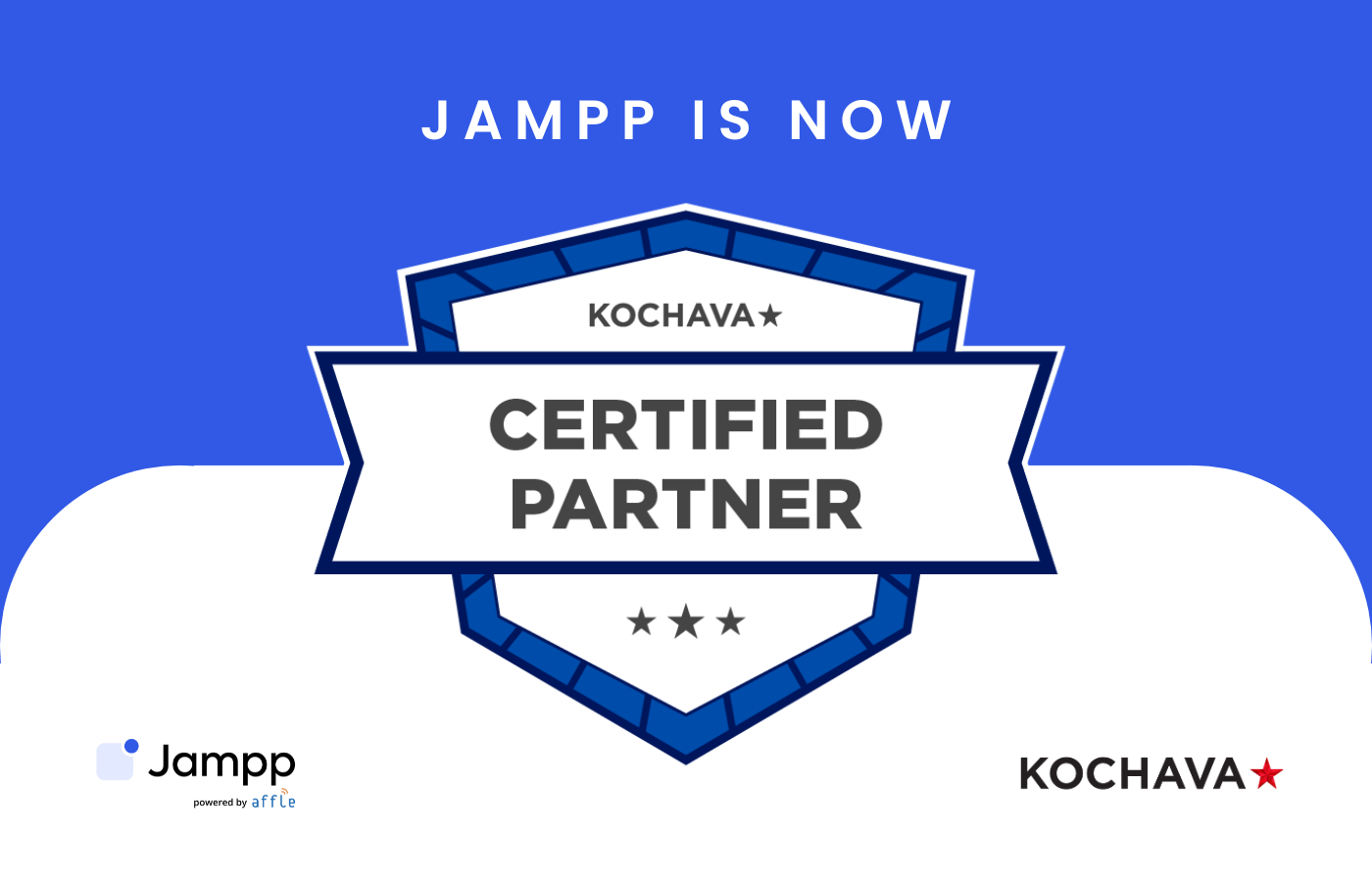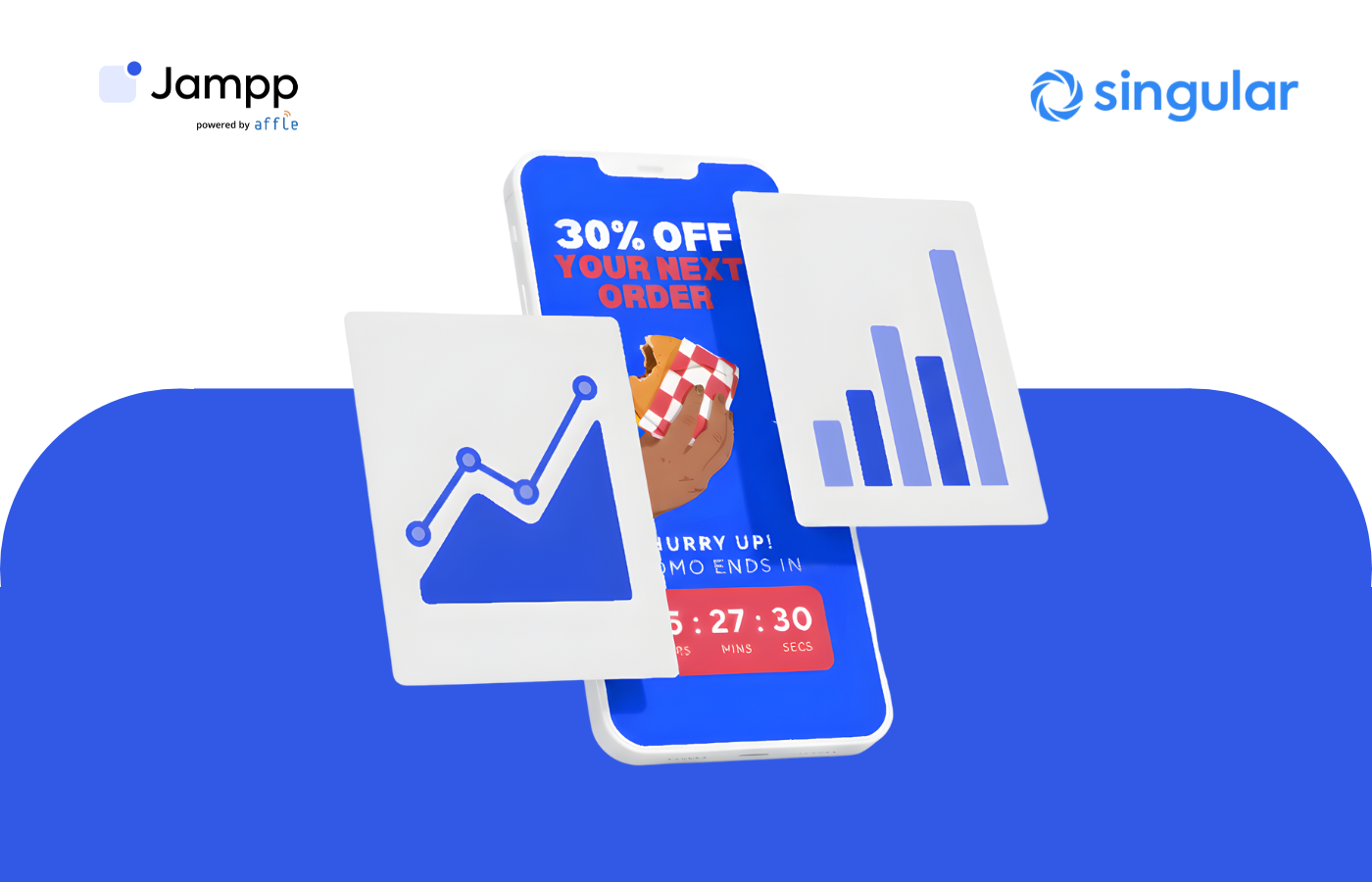The benefits and challenges of Custom Product Pages (CPPs)
Learn more about the Apple feature that can help you create multiple variations of your App Store product page.
January 17, 2024
.png)
What are Custom Product Pages (CPP)?
Custom Product Pages (CPP) enable marketers to generate different versions of their App Store product page featuring specific preview videos, screenshots, and copy variations. This Apple feature can be used to create pages that resonate with specific target audiences or segments, delivering hyper-relevant content.

Exclusive to users on iOS 15 or newer, CPPs can’t be accessed organically. Each CPP has a unique URL, ensuring users can only access these pages upon interacting with an ad.
What are the advantages of Custom Product Pages (CPP)?
- Promote highly relevant content: while all users generally reach the same product App Store page for an app, CPP users land on a custom page upon clicking on a mobile ad. Creating separate pages catered to specific audiences can boost your engagements and encourage users to interact with your app.
- Monitor CPP performance: by accessing the App Analytics section within Apple’s dashboard, advertisers can keep track of the performance of CPPs (impressions, downloads, re-downloads, and conversion rates).
- Test different versions of your page: marketers can compare how CPPs perform against their main App Store product page to see which version is generating higher conversion rates.
- Highlight key features and special deals: with CPP, marketers can build custom pages for seasonal events (Black Friday, Halloween, Mother’s Day, St. Valentine’s Day) and limited-time offers (free shipping, discounts, and other type of deals) to push these promos and opportunities across specific channels or through specific partners.
What are the challenges of running Custom Product Pages (CPP) for your mobile app?
- CPPs require additional time and resources: to set up a CPP, advertisers need to work in tandem with their design team to create multiple sets of content and design assets, from images and videos to custom copy. Every CPP you generate will also need to be submitted to Apple’s App Review process to make sure the new assets are reliable and follow Apple’s guidelines. This last step may introduce some delays to the process.
- Programmatic campaigns go through a new learning phase: Programmatic campaigns are fueled by machine learning, which means that every time an advertiser starts running a new campaign, the algorithm needs to learn how to drive incremental sales for that specific mobile business. Every time you launch a new campaign associated with a CPP, the algorithm will experience a new “learning” or exploration phase, where campaign performance tends to be less stable.
- You can’t effectively track all the marketing efforts that influenced conversions: CPPs only track users who clicked on an ad, which means that if users had been influenced by other ads for that same app before converting, marketers won’t be able to analyze which touchpoints contributed to that interaction.
- CPPs limit your testing capabilities when running SKAdNetwork: in SKAN campaigns, the number of conversions you generate determines the type of campaign data marketers can access. The more niche the target audience, the fewer potential conversions—and consequently, the less available data. When running multiple CPP campaigns, it’s challenging to generate enough volume to meet Apple’s crowd anonymity standards while securing an apples-to-apples comparison across all CPP campaigns.
How Apple’s Custom Product Pages work

1️⃣ Users see a mobile ad served by a growth partner like Jampp. Interested in the app, users click on the ad.
2️⃣ Users are led straight to a Custom Product Page (CPP) associated with the promoted campaign via a specific URL.
3️⃣ Users can install the app, or open the app in the case of existing customers.
Wrapping up
If you want to learn more about Custom Product Pages (CPP) and how this feature could impact the performance of your mobile app, drop us a line to talk to one of our experts.

Subscribe to our email newsletter









